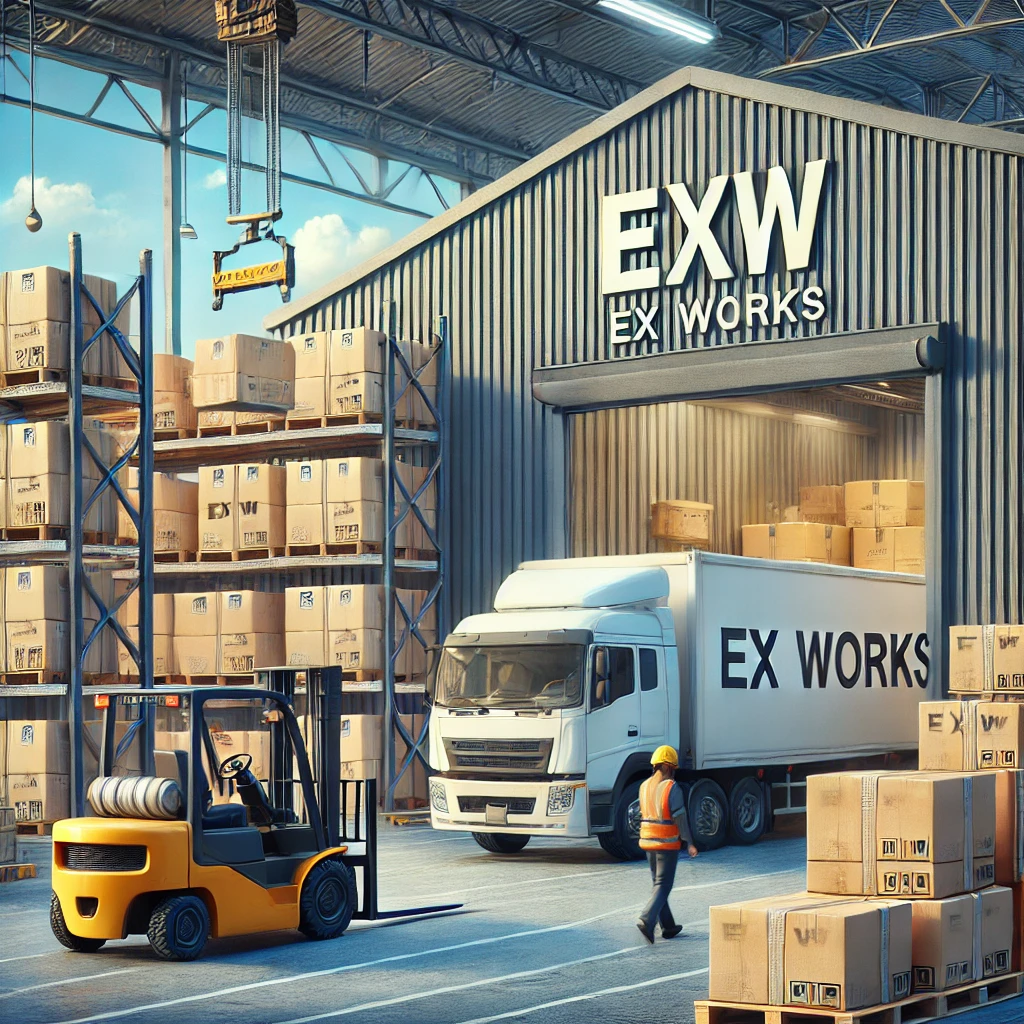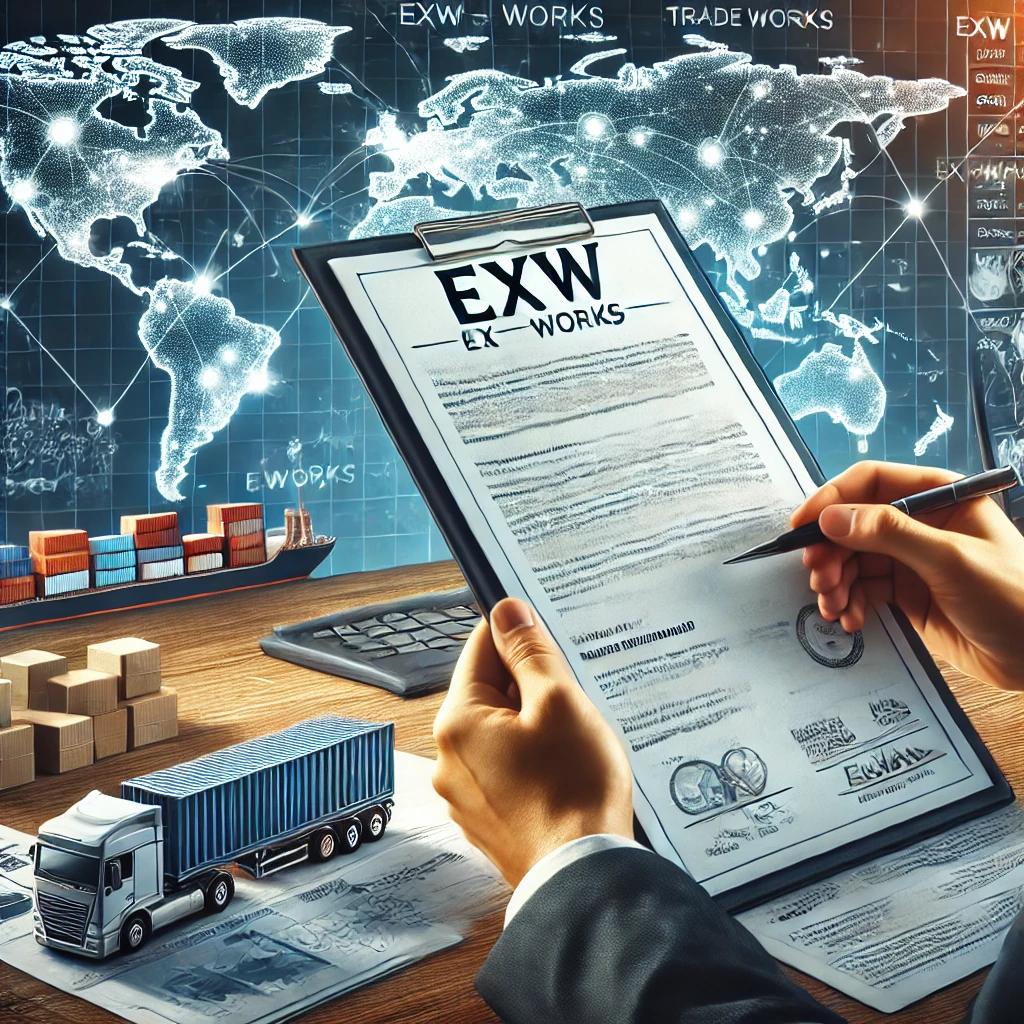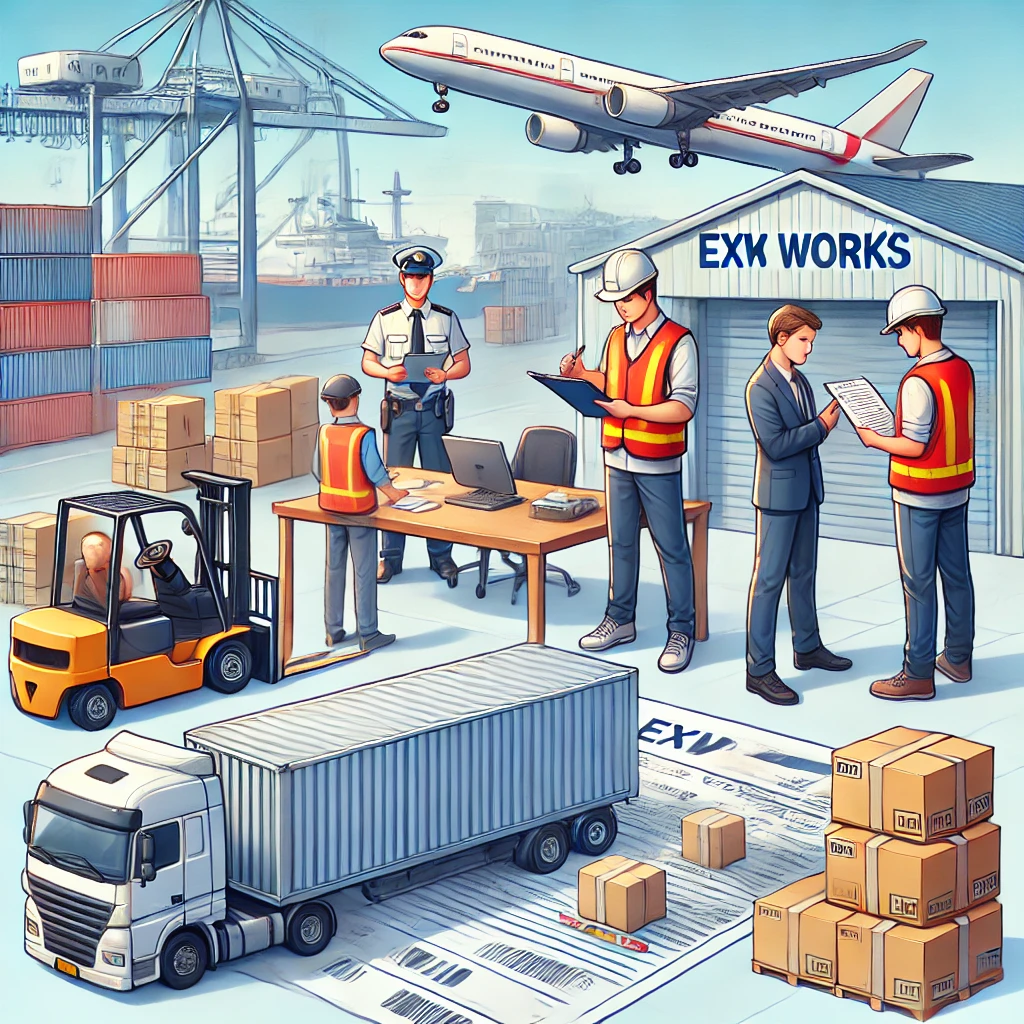A Beginner's Guide to EXW Incoterms
EXW, or "Ex Works," is one of the Incoterms (International Commercial Terms) established by the International Chamber of Commerce (ICC). It is widely used in global trade to define the responsibilities of buyers and sellers in the shipping process. Understanding EXW Incoterms is crucial for professionals and businesses involved in international transactions. This guide provides an in-depth look at EXW, including its key features, practical applications, and its importance in trade agreements.

What Are EXW Incoterms?
EXW (Ex Works) is an Incoterm that places minimal responsibility on the seller. Under EXW terms, the seller is only responsible for making the goods available at a designated location, such as a warehouse or factory. The buyer takes full responsibility for transportation, export duties, import clearance, and all associated risks and costs.
Key Features of EXW Incoterms
- Seller’s Responsibilities:
- Providing properly packaged goods at a designated location.
- Ensuring goods are ready for pickup on the agreed-upon date.
- Supplying necessary commercial documents (e.g., invoice, packing list).
- Buyer’s Responsibilities:
- Arranging and paying for transportation.
- Managing export and import customs clearance.
- Bearing all risks and costs from the moment the goods are made available.
- Minimal Seller Liability:
- The seller is not responsible for loading, shipping, or customs formalities unless separately agreed upon.
- Transfer of Risk:
- The risk passes from the seller to the buyer once the goods are made available at the seller’s location.

Practical Uses of EXW
- For Small Exporters:
- EXW is ideal for businesses that want to focus on production rather than logistics.
- When the Buyer Has Established Logistics Partners:
- Companies with reliable freight forwarders prefer EXW to maintain control over transportation.
- In Domestic and International Trade:
- EXW can be used for both local and global transactions where the buyer is experienced in handling logistics.
Importance of EXW for Businesses
- Reduces Seller’s Obligations:
- EXW allows sellers to focus solely on manufacturing and packaging without logistics concerns.
- Cost Transparency:
- Buyers can better control costs by selecting their own transport and customs providers.
- Flexibility in Trade Agreements:
- EXW provides a simple, clear way to define trade terms between parties.

Challenges of EXW Incoterms
- High Risk for Buyers:
- Buyers assume full responsibility for transport, which can be complex and costly.
- Customs Clearance Issues:
- Some countries require the seller to assist in export formalities, which contradicts EXW’s principles.
- Potential Miscommunication:
- Disagreements may arise over when and where goods should be picked up.
Comparing EXW to Other Incoterms
- EXW vs. FOB (Free on Board):
- In FOB, the seller is responsible for delivering the goods to a port and loading them onto a vessel, while EXW places all responsibility on the buyer from the seller’s premises.
- EXW vs. CIF (Cost, Insurance, and Freight):
- Under CIF, the seller covers freight costs and insurance up to the destination port, whereas EXW requires the buyer to handle all logistics.
- EXW vs. FCA (Free Carrier):
- FCA requires the seller to deliver goods to a specified location, while EXW only requires them to be made available for pickup.

Best Practices for Using EXW
- Clear Agreement on Pickup Location:
- Clearly define where and when the buyer should collect the goods.
- Logistics Planning:
- Buyers should ensure they have reliable freight forwarders to handle transportation and customs.
- Accurate Documentation:
- Ensure all required documents are in place to avoid delays or penalties.
Conclusion
EXW Incoterms offer a simple and cost-effective option for sellers, allowing them to minimize their involvement in logistics. However, buyers must be prepared to handle transportation and customs responsibilities. By understanding EXW’s key features, advantages, and challenges, businesses can use this Incoterm effectively to enhance their trade operations and streamline international transactions.
